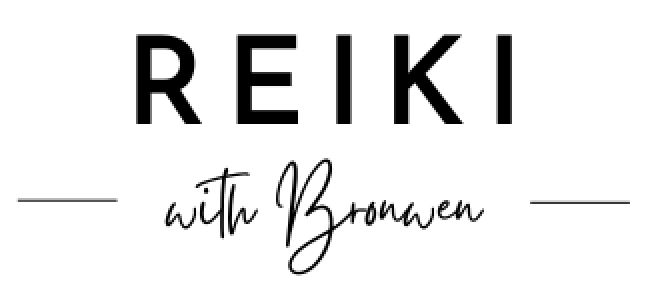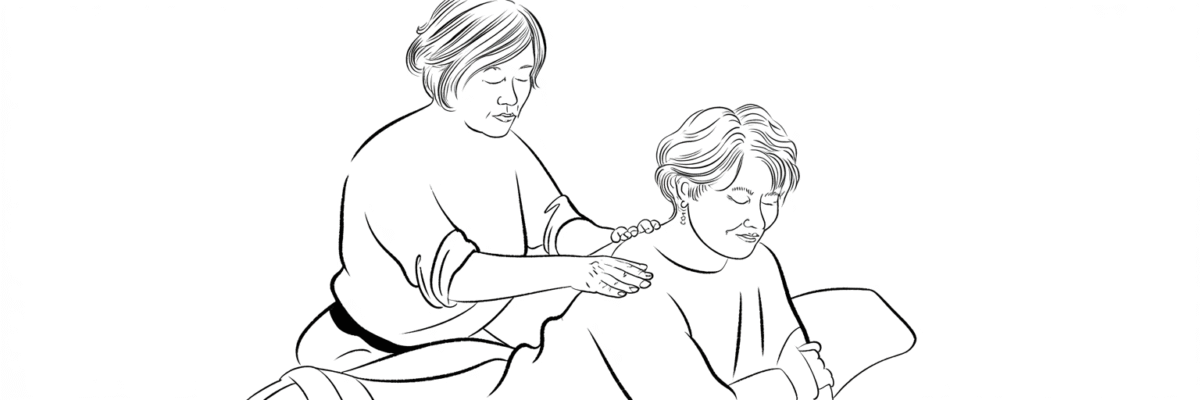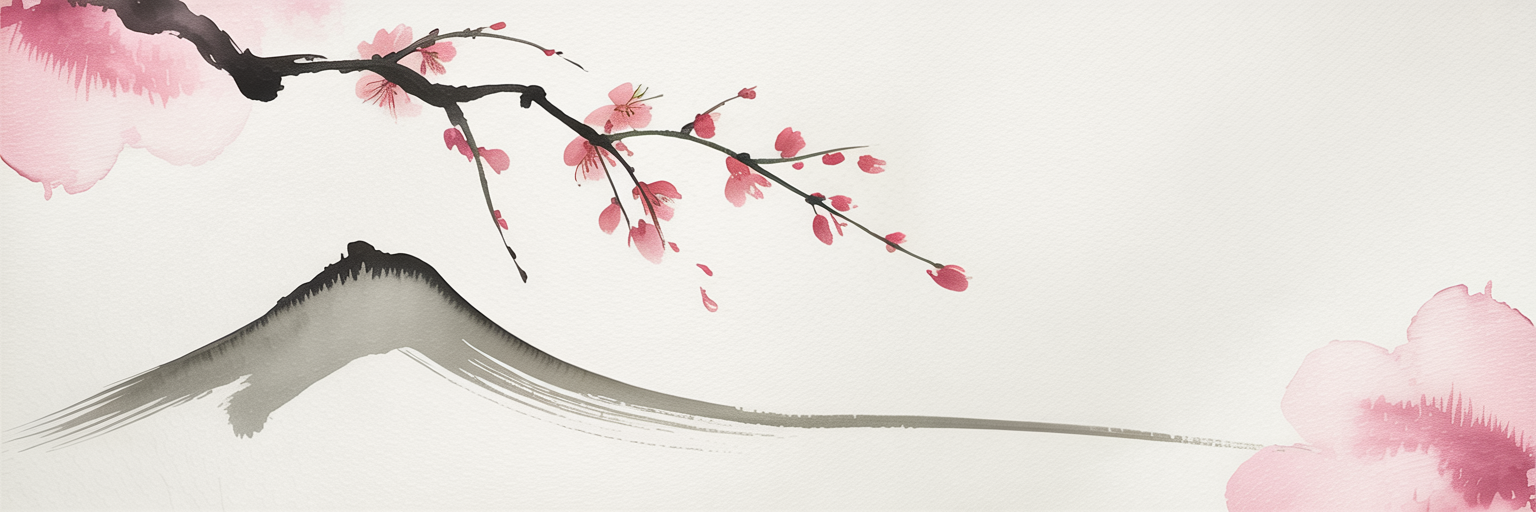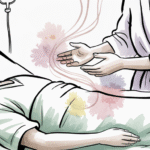
Reiki Research: Reiki Improves Quality of Life in Blood Cancer Patients
November 12, 2025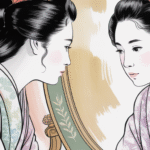
How NOT to be a Foreigner to Yourself
November 17, 2025Reiki in Nursing Care for Cancer Patients
Imagery and Everyday Life of People and Families Experiencing Cancer
Researchers: Diego Cezar Mendes, RN, MSc • Rosane Gonçalves Nitschke, RN, PhD • Adriana Dutra Tholl, RN, PhD
Institution: Oncological and Hematological Treatment Clinic, Florianópolis, Brazil
Published: 2021 • Study Period: July–December 2018
Institution: Oncological and Hematological Treatment Clinic, Florianópolis, Brazil
Published: 2021 • Study Period: July–December 2018
Study at a Glance
20
Participants
(15 patients, 5 family members)
(15 patients, 5 family members)
3-5
Reiki Sessions
20-30 minutes each
20-30 minutes each
15
Female participants
Ages 26-75
Ages 26-75
100%
Reported benefits
No adverse effects
No adverse effects
Main Finding: The imagery about Reiki showed an experience that allowed participants to demystify the disease through positive attitude, emerging their vital force and promoting health based on sensitive reason. Benefits included feeling well, pain reduction, and energetic, emotional, spiritual, and physical balance.
What Makes This Study Unique
✓ Qualitative Depth: Used Convergent Care Research methodology integrating nursing care with research, capturing rich personal experiences and meanings
✓ Family Inclusion: One of few studies examining Reiki’s impact on both patients AND their family members
✓ Theoretical Framework: Based on Michel Maffesoli’s Comprehensive and Everyday Sociology, exploring the imaginary (shared meanings) in health
✓ Nursing Process Integration: Used Nursing Care Process considering Daily Life and Imaginary in Health (NCPDLIH)
✓ Real Healthcare Setting: Conducted during active chemotherapy treatment in clinical environment
Benefits Reported by Participants
Pain Relief
Attenuation or complete disappearance of pain symptoms
Emotional Balance
Greater calm, reduced anxiety and nervousness
Improved Sleep
Better sleep quality and rest
Physical Well-being
Reduced chemotherapy side effects, increased energy
Spiritual Connection
Sense of peace, hope, and inner strength
Daily Life Quality
Improved ability to function and engage in daily activities
Positive Outlook
Greater willingness to face disease and treatment
Self-care Capacity
Enhanced ability to care for oneself
Participant Voices
“I felt a lot better… I feel a significant improvement. The pains disappeared. It helped me a lot and I’m fine, I’m very calm now.”
— Cancer Patient
“Reiki is helping me, reorienting me a lot in this situation. I used to get nervous very easily, and now that doesn’t happen anymore… I’m experiencing it now after having Reiki.”
— Cancer Patient
“I felt stronger, more excited, more willing. The treatment has been very good… for me, it’s a very good improvement in my daily life, in my quality of life.”
— Cancer Patient
“Reiki brought me calmer to understand the disease and more wisdom… we have to take it in the best possible way.”
— Family Member
“I was able to make a more accurate and calmer decision about going bald… [Reiki] gave balance to my emotional side.”
— Cancer Patient
Study Design & Methodology
Research Approach
- Type: Qualitative Convergent Care Research (CCR)
- Theoretical Framework: Michel Maffesoli’s Comprehensive and Everyday Sociology
- Focus: Understanding the imagery (shared meanings) of Reiki in daily lives of cancer patients and families
Participants
- 20 total participants: 15 undergoing chemotherapy, 5 family members
- 15 women, ages 26-75 years
- Various cancer diagnoses: multiple myeloma (5), breast cancer (3), bowel, pancreatic, leukemia, lymphoma, bladder, and cervical cancers
- Treatment duration: 3 months to 9 years
- Occupations: business owners, hairdresser, plumber, student, manager, nursing technician, housewives, retired persons
Reiki Intervention
- Administered by nurse researcher (primary author, qualified Reiki practitioner)
- 3-5 sessions per participant, 20-30 minutes each
- Separate from chemotherapy infusion times
- Hands placed on areas of pain and following traditional Reiki positions (face, chest, abdomen, dorsal region)
- Sessions in medical offices with low/no lighting for optimal reception
Data Collection
- Individual open interviews after each Reiki session
- Semi-structured interview guide
- Interviews lasted 20-30 minutes
- Audio recorded and fully transcribed
- Questions explored: experience of cancer, meanings of Reiki practice, changes noticed
Analysis Method
- Thematic Analysis following Operative Proposal
- Three stages: pre-analysis, material exploration, interpretation of results
- Data saturation determined completion of data collection
- Nursing Care Process framework integrating Daily Life and Imaginary in Health
Ethics
- Approved by Research Ethics Committee (Opinion #2,765,976)
- All participants signed Informed Consent Form
- Participants chose code names for anonymity
Key Themes Emerged
The Reiki Experience
- Feeling Good: Participants described improvements in throat problems, leg pain, and chemotherapy symptoms
- General Well-being: Physical, mental, and spiritual aspects improved, strengthening quality of life
- Break in Routine: Reiki provided a pause in disease-focused daily life, a moment of self-care
- Enhanced Daily Function: Better sleep, work capacity, more willingness, reduced sensations of pain
Meanings of Reiki
- Emotional Tranquility: Helped make difficult decisions (like hair loss) with greater calm
- Energy Balance: Natural improvement through vital energy transfer
- Spiritual Connection: Involved psychological and spiritual aspects, fascinated participants
- Inner Strength (Potency): Awakened vital force to win each day, feel light and strong to fight disease
- Demystification: Changed focus from disease to positive attitude, illuminating inner power
Study Strengths
Rich Qualitative Data: Captured deep personal experiences and meanings that quantitative methods cannot reveal
Family-Centered Approach: Rare inclusion of family members’ perspectives in Reiki research
Theoretical Depth: Grounded in established sociological theory (Maffesoli’s work on imaginary and everyday life)
Integration with Nursing: Demonstrates how Reiki fits within professional nursing care processes
Real-world Setting: Conducted during active cancer treatment, showing practical applicability
Comprehensive Benefits: Documented physical, emotional, spiritual, and social impacts
Participant Voices: Direct quotes preserve authentic experiences and meanings
Ethical Rigor: Proper consent, anonymity, and ethics approval
Limitations
Small Sample Size: 20 participants limits generalizability (though appropriate for qualitative research)
Single Site: Conducted at one clinic in southern Brazil
No Control Group: All participants received Reiki; no comparison with standard care alone
Single Practitioner: All Reiki administered by one nurse researcher
No Long-term Follow-up: Effects tracked only during treatment period
Variable Session Numbers: Participants received 3-5 sessions (not standardized)
Self-reported Only: No objective physiological measurements
Real-World Impact & Significance
For Healthcare: Demonstrates how complementary practices like Reiki can be integrated into conventional cancer care through nursing, addressing gaps in holistic patient support.
For Patients: Shows that Reiki offers more than symptom relief—it can help patients reclaim their sense of self, find inner strength, and shift from feeling like victims of disease to active participants in their healing.
For Families: Validates the benefit of including families in complementary care, recognizing that cancer affects entire family systems.
For Policy: Supports Brazil’s National Policy on Integrative and Complementary Health Practices (PNPICS), which integrated Reiki into public health services in 2017.
What This Study Adds to Reiki Research
- Explores the meanings and imagery of Reiki from patients’ and families’ perspectives
- Shows how Reiki fits within professional nursing care frameworks
- Documents the “imaginary” (shared cultural meanings) that emerges from Reiki practice
- Demonstrates feasibility in real cancer treatment settings
- Addresses the often-overlooked family dimension of cancer care
- Provides theoretical grounding in sociology for understanding Reiki’s effects
- Captures existential and spiritual dimensions of healing beyond symptom reduction
Future Research Needs
- Mixed-methods studies combining qualitative depth with quantitative outcome measures
- Larger sample sizes across multiple sites and cultural contexts
- Controlled trials to isolate Reiki’s specific effects from attention and therapeutic relationship
- Long-term follow-up to assess durability of psychological and spiritual changes
- Investigation of optimal session frequency, duration, and total number
- Studies examining which patient characteristics predict best response
- Research on family member outcomes and family system effects
- Cost-effectiveness analysis for healthcare system integration
- Exploration of mechanisms by which Reiki influences the “imaginary” and promotes healing
Read the complete research paper: Mendes DC, Nitschke RG, Tholl AD, et al. Reiki in Nursing Care: Imaginary and Everyday Life of People and Families Experiencing Cancer. Cienc Cuid Saude. 2021;20:e58988.
For more Reiki research graphs and blogs.
For more research graphs and blogs about the system of Reiki and Cancer.
